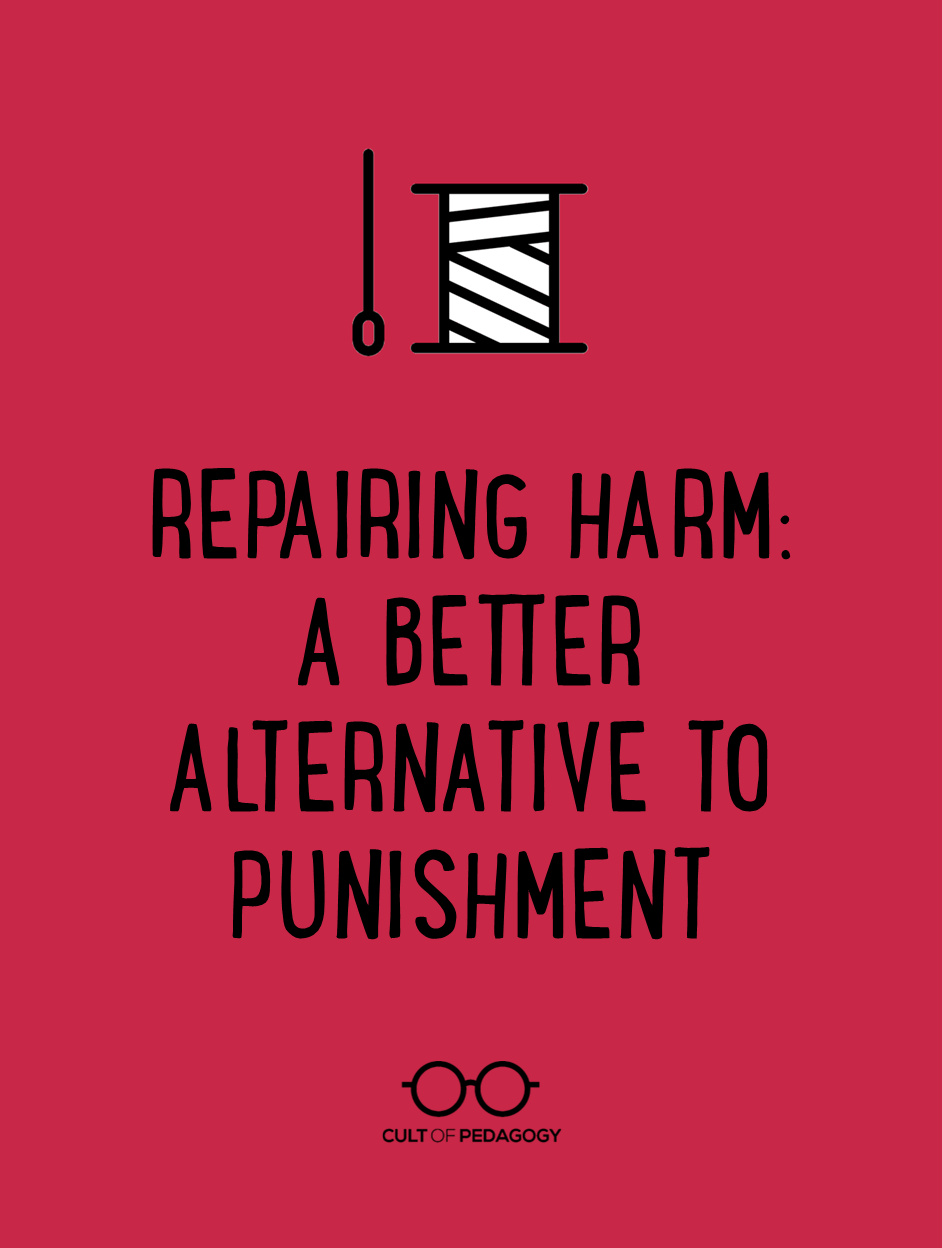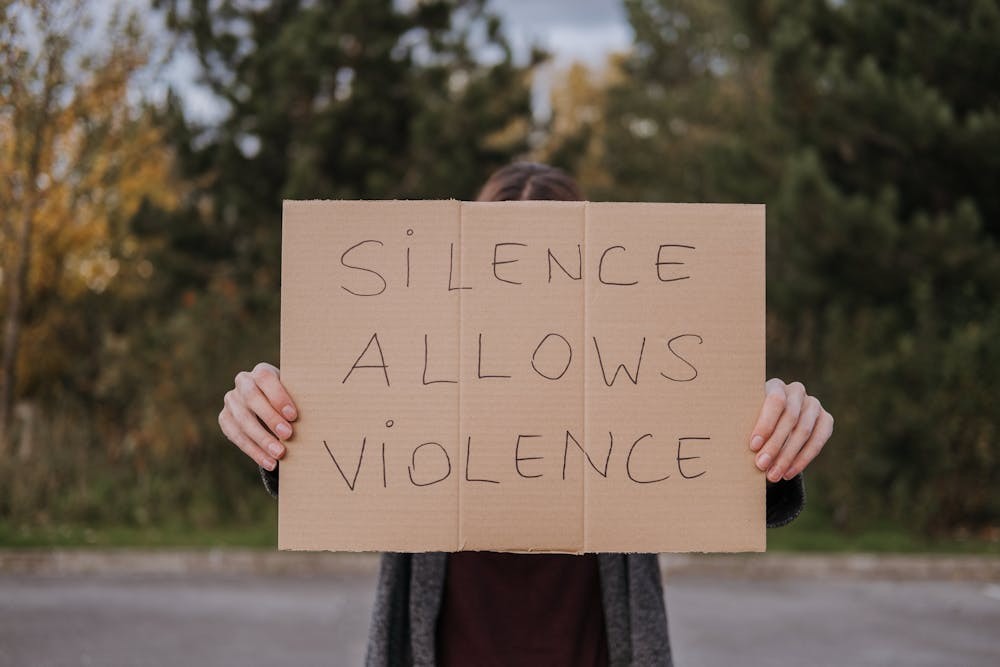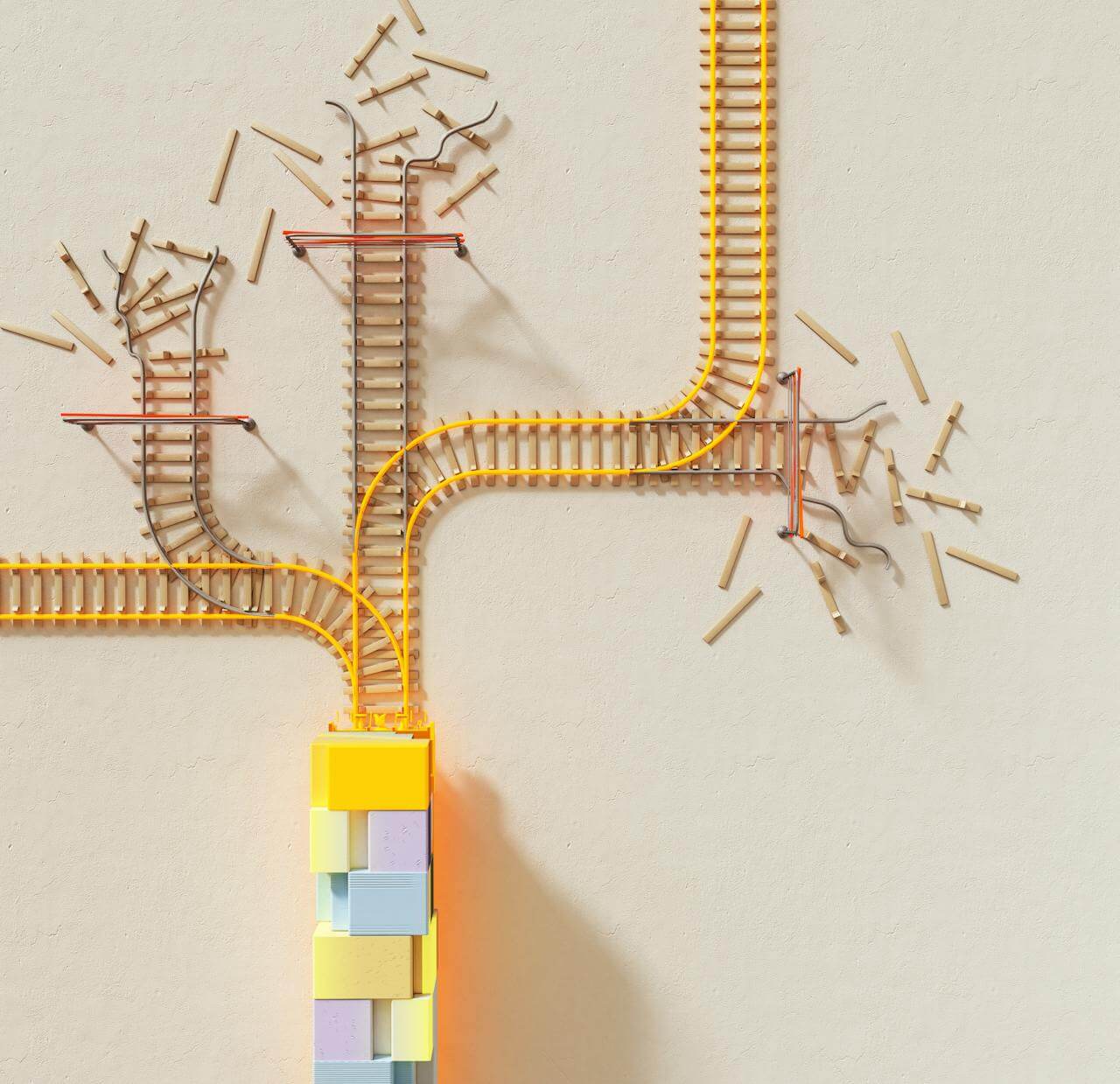Traditional punitive measures like collective punishment often fail to resolve behavioural issues, instead creating resentment and division. Restorative practices offer a better alternative by focusing on repairing harm, fostering empathy, and promoting accountability.
This article introduces key restorative techniques for educators, including:
- Circles of dialogue: Creating space for students to discuss issues, share perspectives, and work collaboratively to address conflicts.
- Individual accountability: Helping students take responsibility for their actions without punishing those who are uninvolved.
- Repairing relationships: Encouraging students to make amends and rebuild trust within the group.
By shifting the focus from punishment to healing, restorative practices not only improve behaviour but also strengthen relationships and create a more supportive classroom environment.
Key takeaway: Restorative practices build stronger classrooms by addressing conflict with empathy and accountability, rather than punishment and division.







